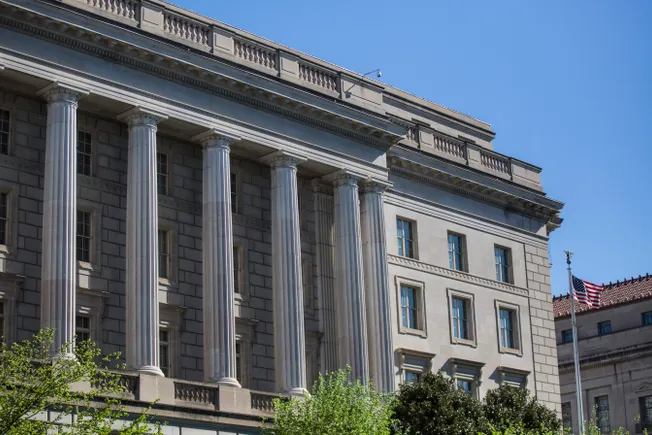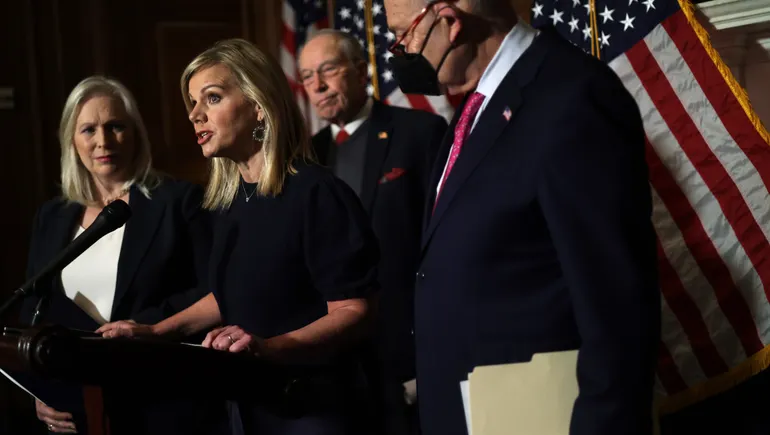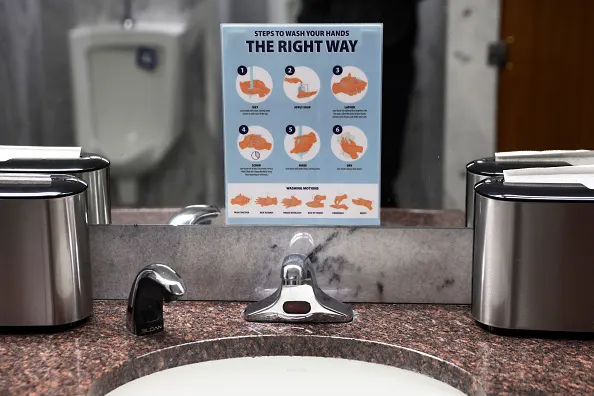The U.S. Department of the Treasury and the Internal Revenue Service issued guidance Friday that will temporarily allow more workers to cash in on the “no tax on tips” and “no tax on overtime” provisions of President Donald Trump’s One Big Beautiful Bill.
Under the 2025 budget reconciliation bill, workers generally can deduct up to $25,000 in tips and $12,500 in overtime from their income. The law provides exemptions from the deductions for workers in certain “qualified trades or businesses” that are categorized as “specified service trades or businesses” — such as health, law and the performing arts.
However, “the Treasury Department and the IRS believe that additional guidance is needed to assist employees and employers in determining whether an employer’s trade or business is a specified service trade or business,” according to Notice 2025-69.
The guidance grants employees and employers “transition relief” until Jan. 1 of the first calendar year after final rules are issued to determine if they fall under a category for exemptions, acknowledging that “many of these employers, a significant number of which are small businesses, have not previously had to make such a determination.”
The guidance also grants employers penalty relief for tax year 2025 in providing correct information on qualified tips and qualified overtime compensation to employees.
The IRS has not yet updated tax forms — including Forms W-2, 1099-NEC and 1099-MISC — and “has encouraged employers to provide tipped employees with occupation codes and separate accountings of cash tips to help them correctly claim the deduction for qualified tips for tax year 2025,” attorneys at Ogletree Deakins wrote in an analysis Friday. The guidance also directs employees on how to determine their potential deductions.
Despite the easing of provisions of the law, employers should still prepare for their implementation, Littler shareholders wrote Friday.
“While the IRS does not require strict adherence to the Act’s reporting requirements for tax year 2025, employers should still make every effort to provide employees with a report showing (a) the total amount of cash tips reported; (b) the qualifying tipped occupation; and (c) the amount of qualified overtime compensation paid,” the shareholders said. “After all, employees expect to receive this information from their employers so that they can take advantage of these deductions. Moreover, employers will need to be prepared to accurately calculate the amount of qualified overtime compensation paid in tax year 2026, when the penalty relief will no longer apply.”






Leave a Reply